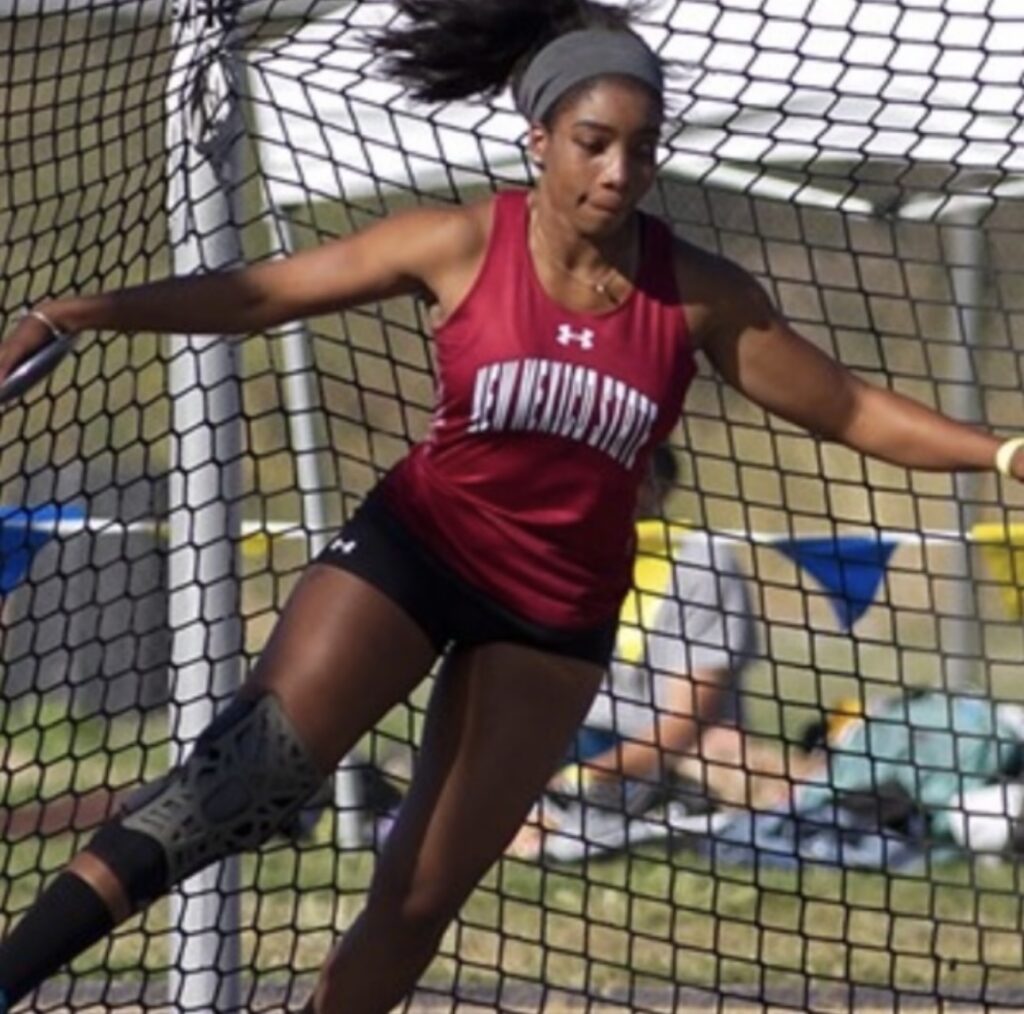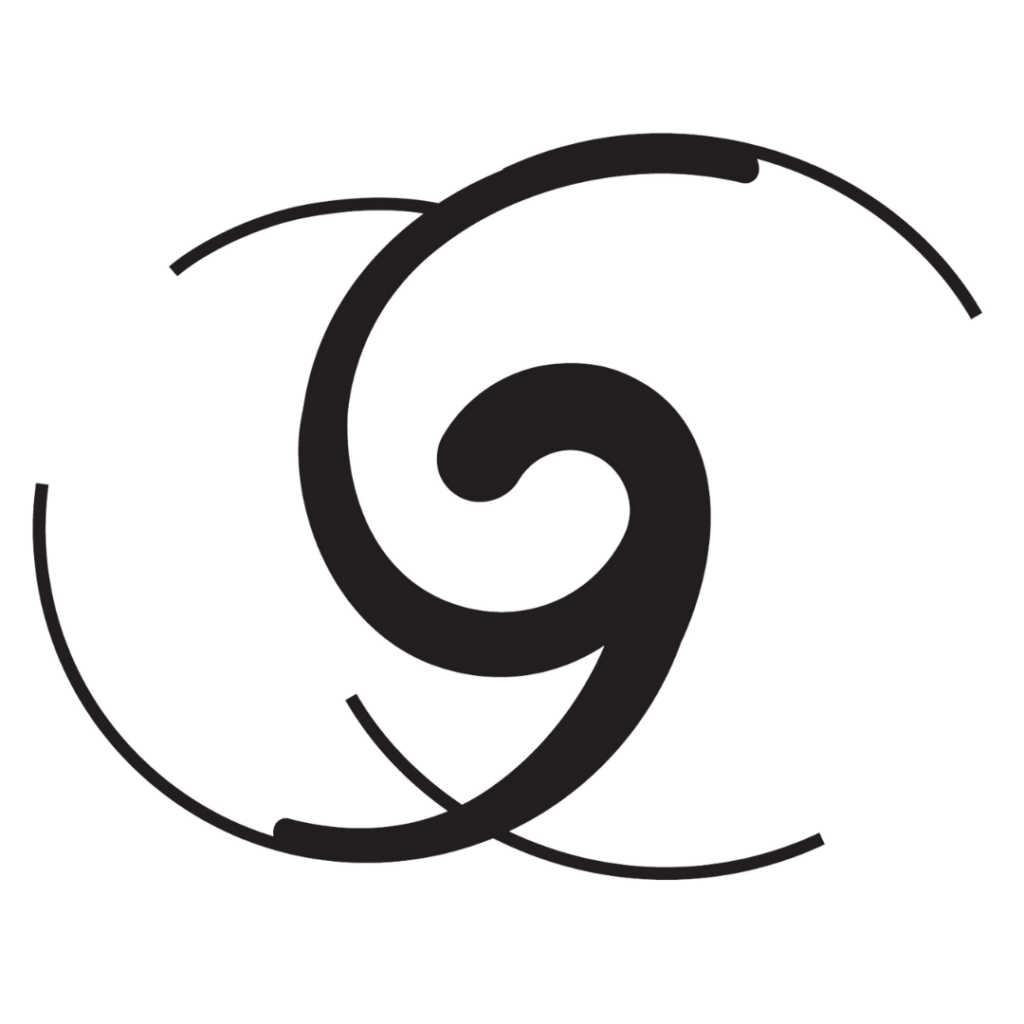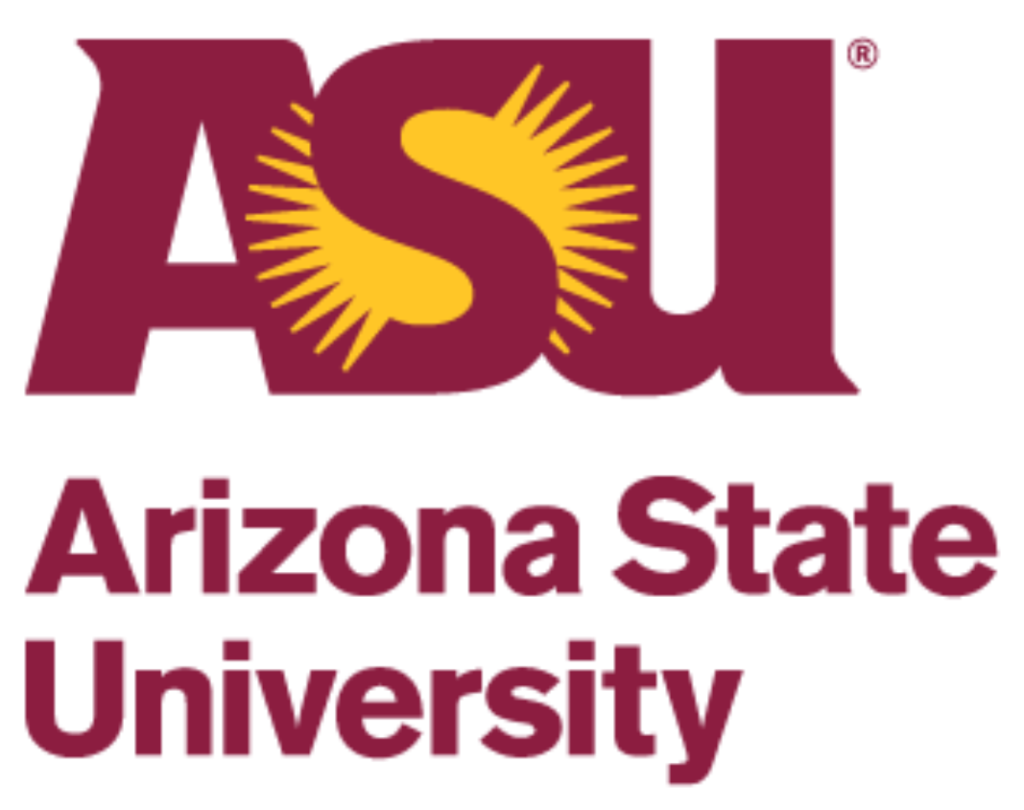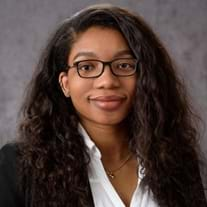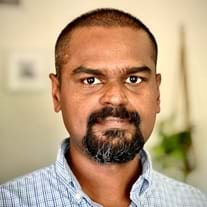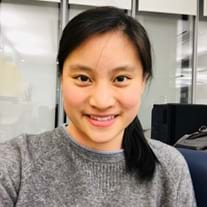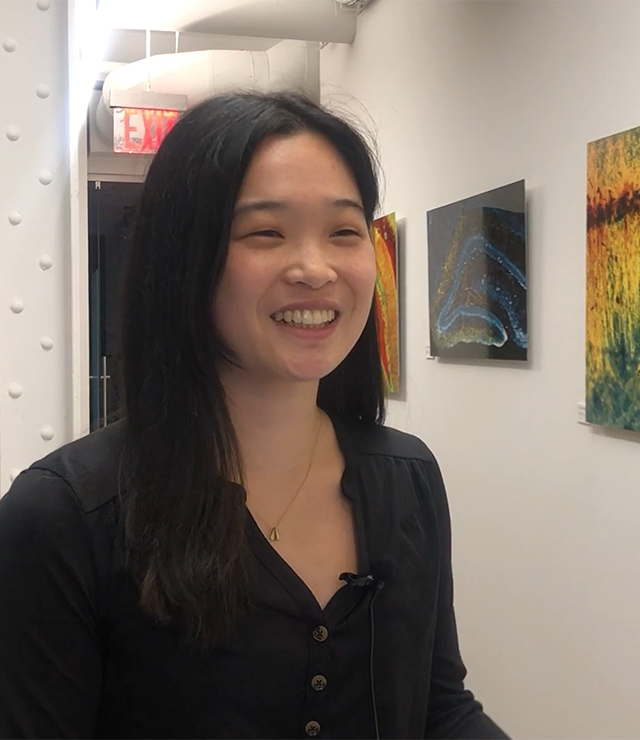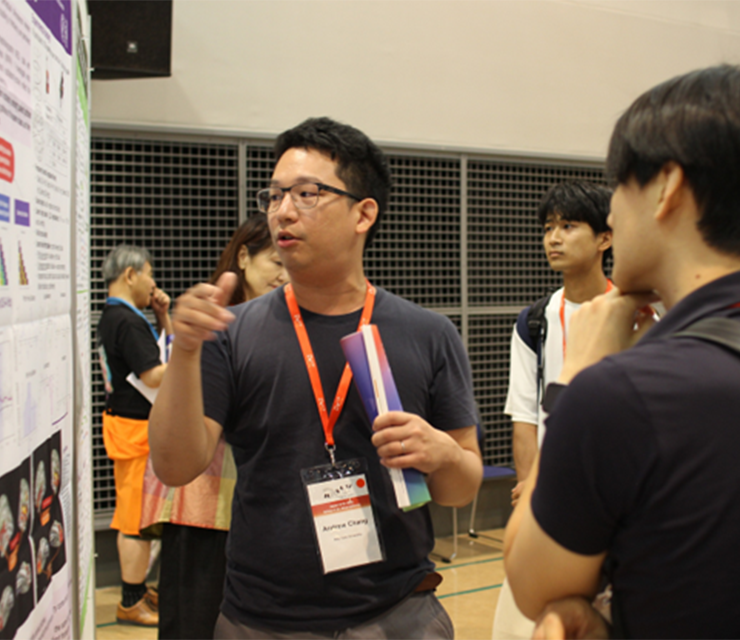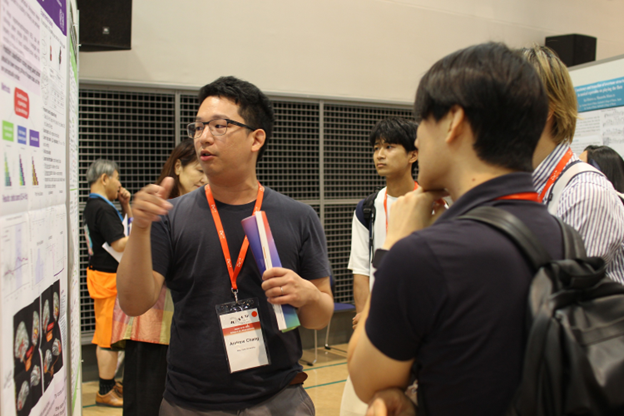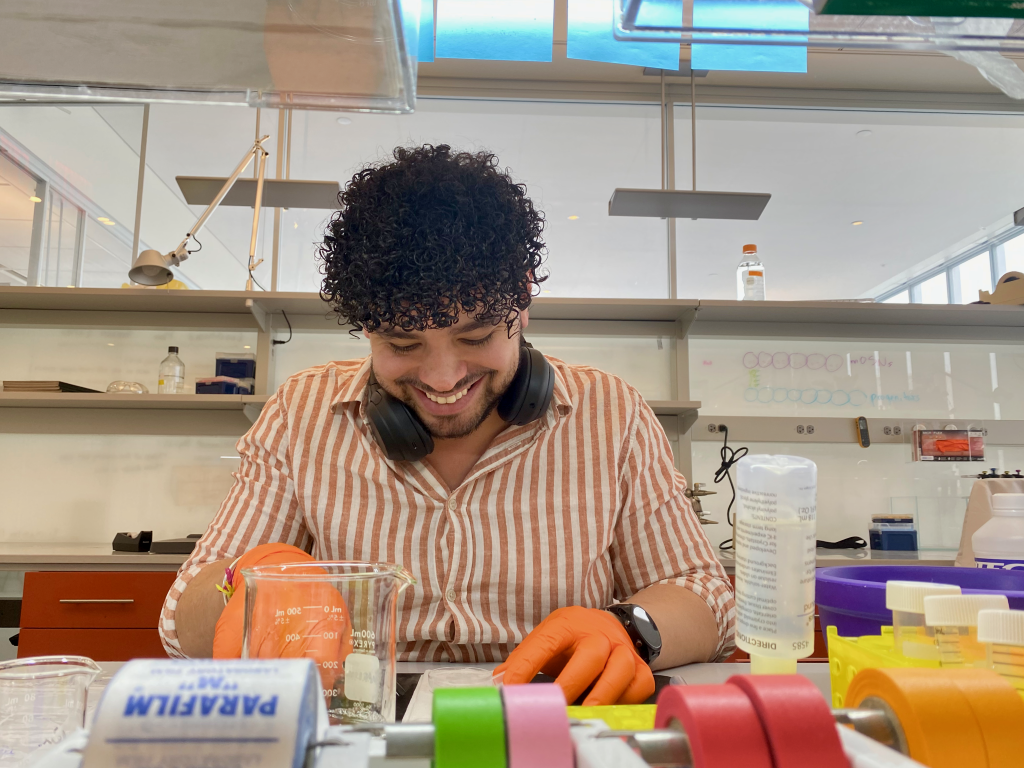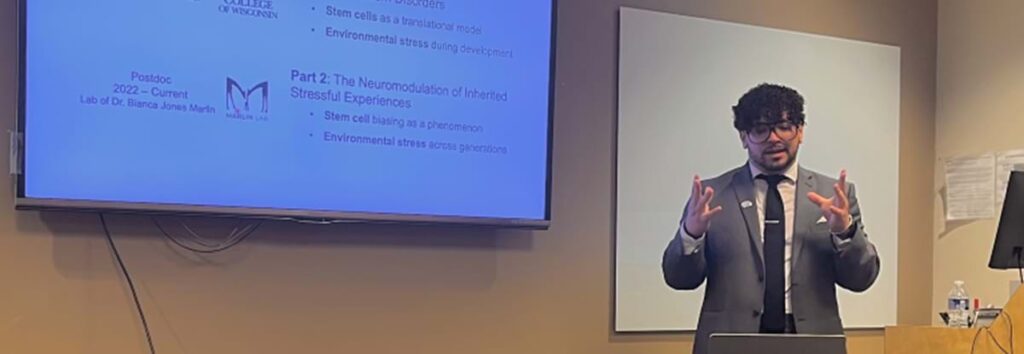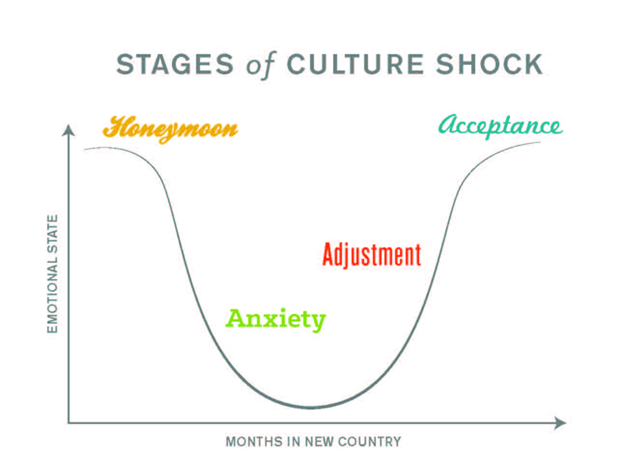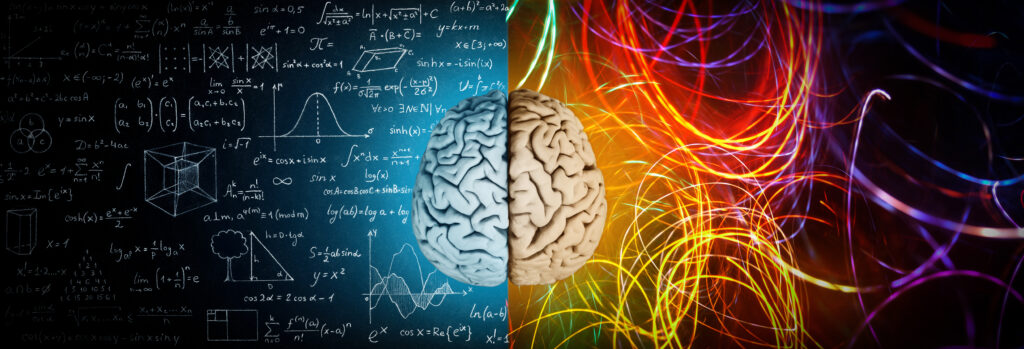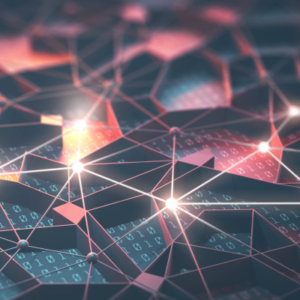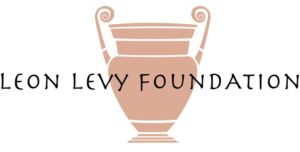Our fellowships are designed to attract talented international, interdisciplinary scholars who combine expertise in science with an understanding of the social, cultural, economic and technological challenges that science must address.
We take a holistic approach to scientific training, with the goal of developing a new community of scientists who embrace the critical role they play, today and in the future, to solve the world’s most pressing problems.
Our fellowship experience is person-centric, guided by the individual rather than the institution. Our Fellows experience a thoughtfully curated educational journey where they are exposed to diverse perspectives across various disciplines under the mentorship of esteemed academics. In addition, we facilitate internships where our Fellows work directly with professionals in policy groups or in industry to gain valuable insights into the real-world potential applications for their research.
Our fellowships put an emphasis on science communication to ensure that scientists can effectively engage with society and build trust in science. To exercise these skills, Fellows give talks, write articles for publication on Academy channels and engaging in various other collaborative initiatives including participate on steering committees to plan our scientific conferences. In these ways, our Fellows provide an influx of exciting new research and ideas from around the world, augmenting the existing intellectual assets we are proud to have at the Academy.
We are a collaborative partner who seeks to provide high-quality, career-enhancing opportunities for early career scientists, creatively achieving alignment with our partner’s objectives. To this end, there are two ways we develop fellowships:
We can advance an existing program for you. If your organization has an established fellowship program that you would like to elevate, we can work with you to broaden its scope and expand your recruitment beyond the institutions where you currently seek talent.
We can work with you to develop a brand-new program. Give us your area of scientific interest and we can design a fellowship that meets our rigorous fellowship standards as well as align with your organizational objectives.
[{"id":30689,"link":"https:\/\/www.nyas.org\/ideas-insights\/blog\/new-insight-into-the-evolutionary-history-of-urban-mosquitoes\/","name":"new-insight-into-the-evolutionary-history-of-urban-mosquitoes","thumbnail":{"url":"https:\/\/www.nyas.org\/wp-content\/uploads\/2025\/10\/CulexPipiens.png","alt":"A mosquito."},"title":"New Insight into the Evolutionary History of Urban Mosquitoes","author":{"name":"The New York Academy of Sciences","link":"https:\/\/www.nyas.org\/author\/nickfetty\/"},"date":"Oct 31, 2025","dateGMT":"2025-10-31 15:25:18","modifiedDate":"2025-11-24 14:50:56","modifiedDateGMT":"2025-11-24 14:50:56","commentCount":"0","commentStatus":"closed","categories":{"coma":"<a href=\"https:\/\/www.nyas.org\/category\/history-of-science\/\" rel=\"category tag\">History of Science<\/a>, <a href=\"https:\/\/www.nyas.org\/category\/nick-fetty\/\" rel=\"category tag\">Nick Fetty<\/a>, <a href=\"https:\/\/www.nyas.org\/category\/public-health\/\" rel=\"category tag\">Public Health<\/a>","space":"<a href=\"https:\/\/www.nyas.org\/category\/history-of-science\/\" rel=\"category tag\">History of Science<\/a> <a href=\"https:\/\/www.nyas.org\/category\/nick-fetty\/\" rel=\"category tag\">Nick Fetty<\/a> <a href=\"https:\/\/www.nyas.org\/category\/public-health\/\" rel=\"category tag\">Public Health<\/a>"},"taxonomies":{"blog-highlight":"","blog-category":"<a href='https:\/\/www.nyas.org\/blog-category\/research-summaries\/' rel='blog-category'>Research Summaries<\/a>","feature":"<a href='https:\/\/www.nyas.org\/feature\/academy-fellow\/' rel='feature'>Academy Fellow<\/a>","program-category":"<a href='https:\/\/www.nyas.org\/program-category\/fellowships\/' rel='program-category'>Fellowships<\/a><a href='https:\/\/www.nyas.org\/program-category\/leon-levy\/' rel='program-category'>Leon Levy<\/a>","scientific-theme":"<a href='https:\/\/www.nyas.org\/scientific-theme\/health-disease\/' rel='scientific-theme'>Health & Disease<\/a>","speaker-name":""},"readTime":{"min":4,"sec":36},"status":"publish","excerpt":"A new paper on the London Underground Mosquito explores their adaptation to urban environments."},{"id":21921,"link":"https:\/\/www.nyas.org\/ideas-insights\/blog\/artificial-intelligence-and-animal-group-behavior\/","name":"artificial-intelligence-and-animal-group-behavior","thumbnail":{"url":"https:\/\/www.nyas.org\/wp-content\/uploads\/2024\/12\/2048px-Bay-breasted_warbler_in_Central_Park_43472-1024x742.jpg","alt":""},"title":"Artificial Intelligence and Animal Group Behavior","author":{"name":"The New York Academy of Sciences","link":"https:\/\/www.nyas.org\/author\/nickfetty\/"},"date":"Dec 23, 2024","dateGMT":"2024-12-23 19:10:59","modifiedDate":"2025-10-31 19:27:00","modifiedDateGMT":"2025-10-31 19:27:00","commentCount":"0","commentStatus":"closed","categories":{"coma":"<a href=\"https:\/\/www.nyas.org\/category\/ai\/\" rel=\"category tag\">Artificial Intelligence<\/a>, <a href=\"https:\/\/www.nyas.org\/category\/neuroscience\/\" rel=\"category tag\">Neuroscience<\/a>, <a href=\"https:\/\/www.nyas.org\/category\/nick-fetty\/\" rel=\"category tag\">Nick Fetty<\/a>","space":"<a href=\"https:\/\/www.nyas.org\/category\/ai\/\" rel=\"category tag\">Artificial Intelligence<\/a> <a href=\"https:\/\/www.nyas.org\/category\/neuroscience\/\" rel=\"category tag\">Neuroscience<\/a> <a href=\"https:\/\/www.nyas.org\/category\/nick-fetty\/\" rel=\"category tag\">Nick Fetty<\/a>"},"taxonomies":{"blog-highlight":"","blog-category":"<a href='https:\/\/www.nyas.org\/blog-category\/research-summaries\/' rel='blog-category'>Research Summaries<\/a>","feature":"<a href='https:\/\/www.nyas.org\/feature\/academy-fellow\/' rel='feature'>Academy Fellow<\/a>","program-category":"<a href='https:\/\/www.nyas.org\/program-category\/asu\/' rel='program-category'>ASU<\/a>","scientific-theme":"<a href='https:\/\/www.nyas.org\/scientific-theme\/science-in-society\/' rel='scientific-theme'>Science in Society<\/a>","speaker-name":""},"readTime":{"min":4,"sec":34},"status":"publish","excerpt":"Linking cognitive strategy, neural mechanisms, movement statistics, and artificial intelligence to better understand animal group behavior."},{"id":17979,"link":"https:\/\/www.nyas.org\/ideas-insights\/blog\/the-ethics-of-developing-voice-biometrics\/","name":"the-ethics-of-developing-voice-biometrics","thumbnail":{"url":"https:\/\/www.nyas.org\/wp-content\/uploads\/2024\/08\/JCBS.png","alt":"A writer conducts an interview with an AI researcher."},"title":"The Ethics of Developing Voice Biometrics","author":{"name":"The New York Academy of Sciences","link":"https:\/\/www.nyas.org\/author\/nickfetty\/"},"date":"Aug 29, 2024","dateGMT":"2024-08-29 13:33:26","modifiedDate":"2025-10-31 19:47:09","modifiedDateGMT":"2025-10-31 19:47:09","commentCount":"0","commentStatus":"closed","categories":{"coma":"<a href=\"https:\/\/www.nyas.org\/category\/ai\/\" rel=\"category tag\">Artificial Intelligence<\/a>","space":"<a href=\"https:\/\/www.nyas.org\/category\/ai\/\" rel=\"category tag\">Artificial Intelligence<\/a>"},"taxonomies":{"blog-highlight":"","blog-category":"<a href='https:\/\/www.nyas.org\/blog-category\/research-summaries\/' rel='blog-category'>Research Summaries<\/a>","feature":"<a href='https:\/\/www.nyas.org\/feature\/program-participant\/' rel='feature'>Program Participant<\/a>","program-category":"<a href='https:\/\/www.nyas.org\/program-category\/asu\/' rel='program-category'>ASU<\/a><a href='https:\/\/www.nyas.org\/program-category\/fellowships\/' rel='program-category'>Fellowships<\/a>","scientific-theme":"<a href='https:\/\/www.nyas.org\/scientific-theme\/science-in-society\/' rel='scientific-theme'>Science in Society<\/a><a href='https:\/\/www.nyas.org\/scientific-theme\/technology-innovation\/' rel='scientific-theme'>Technology & Innovation<\/a>","speaker-name":""},"readTime":{"min":6,"sec":41},"status":"publish","excerpt":"Ethical development of AI technologies like voice biometrics can ensure disenfranchised populations are not negatively impacted."},{"id":17744,"link":"https:\/\/www.nyas.org\/ideas-insights\/blog\/have-we-passed-the-turing-test-and-should-we-really-be-trying\/","name":"have-we-passed-the-turing-test-and-should-we-really-be-trying","thumbnail":{"url":"https:\/\/www.nyas.org\/wp-content\/uploads\/2024\/08\/Alan_Turing_1912-1954_in_1936_at_Princeton_University.jpg","alt":"A black and white headshot of computer scientist Alan Turing."},"title":"Have We Passed the Turing Test, and Should We Really be Trying?","author":{"name":"The New York Academy of Sciences","link":"https:\/\/www.nyas.org\/author\/nickfetty\/"},"date":"Aug 22, 2024","dateGMT":"2024-08-22 18:13:01","modifiedDate":"2025-10-31 19:47:03","modifiedDateGMT":"2025-10-31 19:47:03","commentCount":"0","commentStatus":"closed","categories":{"coma":"<a href=\"https:\/\/www.nyas.org\/category\/ai\/\" rel=\"category tag\">Artificial Intelligence<\/a>","space":"<a href=\"https:\/\/www.nyas.org\/category\/ai\/\" rel=\"category tag\">Artificial Intelligence<\/a>"},"taxonomies":{"blog-highlight":"<a href='https:\/\/www.nyas.org\/blog-highlight\/top-read\/' rel='blog-highlight'>Top Read<\/a>","blog-category":"<a href='https:\/\/www.nyas.org\/blog-category\/thought-leadership\/' rel='blog-category'>Thought Leadership<\/a>","feature":"<a href='https:\/\/www.nyas.org\/feature\/academy-fellow\/' rel='feature'>Academy Fellow<\/a>","program-category":"<a href='https:\/\/www.nyas.org\/program-category\/asu\/' rel='program-category'>ASU<\/a><a href='https:\/\/www.nyas.org\/program-category\/fellowships\/' rel='program-category'>Fellowships<\/a>","scientific-theme":"<a href='https:\/\/www.nyas.org\/scientific-theme\/technology-innovation\/' rel='scientific-theme'>Technology & Innovation<\/a>","speaker-name":""},"readTime":{"min":4,"sec":11},"status":"publish","excerpt":"The 70th anniversary of Alan Turing\u2019s death invites us to ponder these and other questions."},{"id":17413,"link":"https:\/\/www.nyas.org\/ideas-insights\/blog\/a-more-scientific-approach-to-artificial-intelligence-and-machine-learning\/","name":"a-more-scientific-approach-to-artificial-intelligence-and-machine-learning","thumbnail":{"url":"https:\/\/www.nyas.org\/wp-content\/uploads\/2024\/08\/Savannah-Thais-768x1024.jpg","alt":"A researcher poses next to a vertical banner with the text \"The New York Academy of Sciences.\""},"title":"A More Scientific Approach to Artificial Intelligence and Machine Learning","author":{"name":"The New York Academy of Sciences","link":"https:\/\/www.nyas.org\/author\/nickfetty\/"},"date":"Aug 13, 2024","dateGMT":"2024-08-13 15:48:11","modifiedDate":"2025-10-31 19:49:21","modifiedDateGMT":"2025-10-31 19:49:21","commentCount":"0","commentStatus":"closed","categories":{"coma":"<a href=\"https:\/\/www.nyas.org\/category\/ai\/\" rel=\"category tag\">Artificial Intelligence<\/a>","space":"<a href=\"https:\/\/www.nyas.org\/category\/ai\/\" rel=\"category tag\">Artificial Intelligence<\/a>"},"taxonomies":{"blog-highlight":"","blog-category":"<a href='https:\/\/www.nyas.org\/blog-category\/research-summaries\/' rel='blog-category'>Research Summaries<\/a>","feature":"<a href='https:\/\/www.nyas.org\/feature\/program-participant\/' rel='feature'>Program Participant<\/a>","program-category":"<a href='https:\/\/www.nyas.org\/program-category\/asu\/' rel='program-category'>ASU<\/a>","scientific-theme":"<a href='https:\/\/www.nyas.org\/scientific-theme\/technology-innovation\/' rel='scientific-theme'>Technology & Innovation<\/a>","speaker-name":""},"readTime":{"min":5,"sec":1},"status":"publish","excerpt":"Taking a more scientific perspective, while remaining ethical, can improve public trust of these emerging technologies."},{"id":15761,"link":"https:\/\/www.nyas.org\/ideas-insights\/blog\/using-ai-and-neuroscience-to-improve-mental-health\/","name":"using-ai-and-neuroscience-to-improve-mental-health","thumbnail":{"url":"https:\/\/www.nyas.org\/wp-content\/uploads\/2024\/05\/marjorie-xie-FULL.jpeg","alt":"A headshot of a woman smiling for the camera."},"title":"Using AI and Neuroscience to Transform Mental Health","author":{"name":"The New York Academy of Sciences","link":"https:\/\/www.nyas.org\/author\/nickfetty\/"},"date":"May 8, 2024","dateGMT":"2024-05-08 17:13:57","modifiedDate":"2025-10-31 19:53:35","modifiedDateGMT":"2025-10-31 19:53:35","commentCount":"0","commentStatus":"closed","categories":{"coma":"<a href=\"https:\/\/www.nyas.org\/category\/ai\/\" rel=\"category tag\">Artificial Intelligence<\/a>, <a href=\"https:\/\/www.nyas.org\/category\/neuroscience\/\" rel=\"category tag\">Neuroscience<\/a>, <a href=\"https:\/\/www.nyas.org\/category\/nick-fetty\/\" rel=\"category tag\">Nick Fetty<\/a>","space":"<a href=\"https:\/\/www.nyas.org\/category\/ai\/\" rel=\"category tag\">Artificial Intelligence<\/a> <a href=\"https:\/\/www.nyas.org\/category\/neuroscience\/\" rel=\"category tag\">Neuroscience<\/a> <a href=\"https:\/\/www.nyas.org\/category\/nick-fetty\/\" rel=\"category tag\">Nick Fetty<\/a>"},"taxonomies":{"blog-highlight":"","blog-category":"<a href='https:\/\/www.nyas.org\/blog-category\/profile\/' rel='blog-category'>Profile<\/a>","feature":"<a href='https:\/\/www.nyas.org\/feature\/academy-fellow\/' rel='feature'>Academy Fellow<\/a>","program-category":"<a href='https:\/\/www.nyas.org\/program-category\/asu\/' rel='program-category'>ASU<\/a><a href='https:\/\/www.nyas.org\/program-category\/fellowships\/' rel='program-category'>Fellowships<\/a>","scientific-theme":"<a href='https:\/\/www.nyas.org\/scientific-theme\/health-disease\/' rel='scientific-theme'>Health & Disease<\/a>","speaker-name":""},"readTime":{"min":7,"sec":58},"status":"publish","excerpt":"Developing AI systems to facilitate the treatment of mental health conditions and improve access to care. \u00a0"},{"id":15355,"link":"https:\/\/www.nyas.org\/ideas-insights\/blog\/from-new-delhi-to-new-york\/","name":"from-new-delhi-to-new-york","thumbnail":{"url":"https:\/\/www.nyas.org\/wp-content\/uploads\/2024\/04\/Nitin-Verma.jpg","alt":"A headshot of a man."},"title":"From New Delhi to New York","author":{"name":"The New York Academy of Sciences","link":"https:\/\/www.nyas.org\/author\/nickfetty\/"},"date":"Apr 23, 2024","dateGMT":"2024-04-23 14:00:39","modifiedDate":"2025-10-31 19:58:09","modifiedDateGMT":"2025-10-31 19:58:09","commentCount":"0","commentStatus":"closed","categories":{"coma":"<a href=\"https:\/\/www.nyas.org\/category\/ai\/\" rel=\"category tag\">Artificial Intelligence<\/a>, <a href=\"https:\/\/www.nyas.org\/category\/nick-fetty\/\" rel=\"category tag\">Nick Fetty<\/a>","space":"<a href=\"https:\/\/www.nyas.org\/category\/ai\/\" rel=\"category tag\">Artificial Intelligence<\/a> <a href=\"https:\/\/www.nyas.org\/category\/nick-fetty\/\" rel=\"category tag\">Nick Fetty<\/a>"},"taxonomies":{"blog-highlight":"","blog-category":"","feature":"<a href='https:\/\/www.nyas.org\/feature\/program-participant\/' rel='feature'>Program Participant<\/a>","program-category":"<a href='https:\/\/www.nyas.org\/program-category\/asu\/' rel='program-category'>ASU<\/a>","scientific-theme":"<a href='https:\/\/www.nyas.org\/scientific-theme\/technology-innovation\/' rel='scientific-theme'>Technology & Innovation<\/a>","speaker-name":""},"readTime":{"min":4,"sec":58},"status":"publish","excerpt":"Nitin Verma, an AI and Society Fellow, is taking a closer look at deepfakes and their impact."},{"id":15296,"link":"https:\/\/www.nyas.org\/ideas-insights\/blog\/applying-human-computer-interaction-to-brain-injuries\/","name":"applying-human-computer-interaction-to-brain-injuries","thumbnail":{"url":"https:\/\/www.nyas.org\/wp-content\/uploads\/2024\/04\/Headshot.jpeg","alt":"A woman smiles for the camera."},"title":"Applying Human Computer Interaction to Brain Injuries","author":{"name":"The New York Academy of Sciences","link":"https:\/\/www.nyas.org\/author\/nickfetty\/"},"date":"Apr 19, 2024","dateGMT":"2024-04-19 14:43:51","modifiedDate":"2025-10-31 19:57:59","modifiedDateGMT":"2025-10-31 19:57:59","commentCount":"0","commentStatus":"closed","categories":{"coma":"<a href=\"https:\/\/www.nyas.org\/category\/ai\/\" rel=\"category tag\">Artificial Intelligence<\/a>, <a href=\"https:\/\/www.nyas.org\/category\/nick-fetty\/\" rel=\"category tag\">Nick Fetty<\/a>","space":"<a href=\"https:\/\/www.nyas.org\/category\/ai\/\" rel=\"category tag\">Artificial Intelligence<\/a> <a href=\"https:\/\/www.nyas.org\/category\/nick-fetty\/\" rel=\"category tag\">Nick Fetty<\/a>"},"taxonomies":{"blog-highlight":"","blog-category":"<a href='https:\/\/www.nyas.org\/blog-category\/profile\/' rel='blog-category'>Profile<\/a>","feature":"<a href='https:\/\/www.nyas.org\/feature\/academy-fellow\/' rel='feature'>Academy Fellow<\/a>","program-category":"<a href='https:\/\/www.nyas.org\/program-category\/asu\/' rel='program-category'>ASU<\/a><a href='https:\/\/www.nyas.org\/program-category\/fellowships\/' rel='program-category'>Fellowships<\/a>","scientific-theme":"<a href='https:\/\/www.nyas.org\/scientific-theme\/technology-innovation\/' rel='scientific-theme'>Technology & Innovation<\/a>","speaker-name":""},"readTime":{"min":4,"sec":57},"status":"publish","excerpt":"Akuadasuo Ezenyilimba brings a unique perspective to her research."},{"id":2967,"link":"https:\/\/www.nyas.org\/ideas-insights\/blog\/considering-the-societal-and-ethical-implications-in-the-development-of-ai\/","name":"considering-the-societal-and-ethical-implications-in-the-development-of-ai","thumbnail":{"url":"https:\/\/www.nyas.org\/wp-content\/uploads\/2023\/11\/Considering-the-societal-and-ethical-implications-in-the-development-of-AI.png","alt":"An AI researcher poses for the camera."},"title":"Ethical Implications in the Development of AI","author":{"name":"The New York Academy of Sciences","link":"https:\/\/www.nyas.org\/author\/nickfetty\/"},"date":"Nov 21, 2023","dateGMT":"2023-11-21 15:16:51","modifiedDate":"2025-11-04 19:54:50","modifiedDateGMT":"2025-11-04 19:54:50","commentCount":"0","commentStatus":"closed","categories":{"coma":"<a href=\"https:\/\/www.nyas.org\/category\/ai\/\" rel=\"category tag\">Artificial Intelligence<\/a>, <a href=\"https:\/\/www.nyas.org\/category\/nick-fetty\/\" rel=\"category tag\">Nick Fetty<\/a>","space":"<a href=\"https:\/\/www.nyas.org\/category\/ai\/\" rel=\"category tag\">Artificial Intelligence<\/a> <a href=\"https:\/\/www.nyas.org\/category\/nick-fetty\/\" rel=\"category tag\">Nick Fetty<\/a>"},"taxonomies":{"blog-highlight":"","blog-category":"<a href='https:\/\/www.nyas.org\/blog-category\/research-summaries\/' rel='blog-category'>Research Summaries<\/a>","feature":"<a href='https:\/\/www.nyas.org\/feature\/n-a\/' rel='feature'>N\/A<\/a>","program-category":"<a href='https:\/\/www.nyas.org\/program-category\/asu\/' rel='program-category'>ASU<\/a><a href='https:\/\/www.nyas.org\/program-category\/fellowships\/' rel='program-category'>Fellowships<\/a>","scientific-theme":"<a href='https:\/\/www.nyas.org\/scientific-theme\/technology-innovation\/' rel='scientific-theme'>Technology & Innovation<\/a>","speaker-name":""},"readTime":{"min":2,"sec":36},"status":"publish","excerpt":"Betty Li Hou\u2019s research examines the ethical impacts that AI systems have on societies."}]


